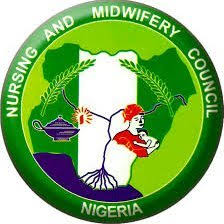The recent celebration of Nigeria’s Super Falcons’ WAFCON victory has sparked nationwide debate—not for their performance, but for the N4.952 billion in cash and material rewards lavished on the team and technical crew.
While the players’ triumph is commendable, critics argue that the financial windfall—which includes $100,000 for each player, $50,000 for each crew member, and three-bedroom apartments—could have been better spent addressing Nigeria’s crippling public sector crises.
With many government-employed doctors earning between 200,000 and 250,000 monthly, the N4.9 billion could pay the salaries of over 16,000 doctors. This comes at a time when Nigeria is battling a worsening brain drain, as medical professionals flee the country for better pay and working conditions abroad.
Findings show that the poor welfare for medical doctors is one of the key factors driving many medical professionals to seek better opportunities abroad, worsening the country’s brain drain crisis popularly known as ‘japa syndrome’.
A medical doctor at a government-owned hospital in Abuja who did not mention his name for security concerns, lamented the financial burden he faces despite years of medical training and experience.
He explained, “It is heartbreaking to work so hard, especially in a public hospital, and still earn only N250,000 a month. The cost of living in Abuja is high with rent, transport and other things and that amount is not just sustainable.”
He explained that while Nigerian doctors are fully capable of meeting the country’s medical needs, their low pay largely explains the ongoing brain drain.




